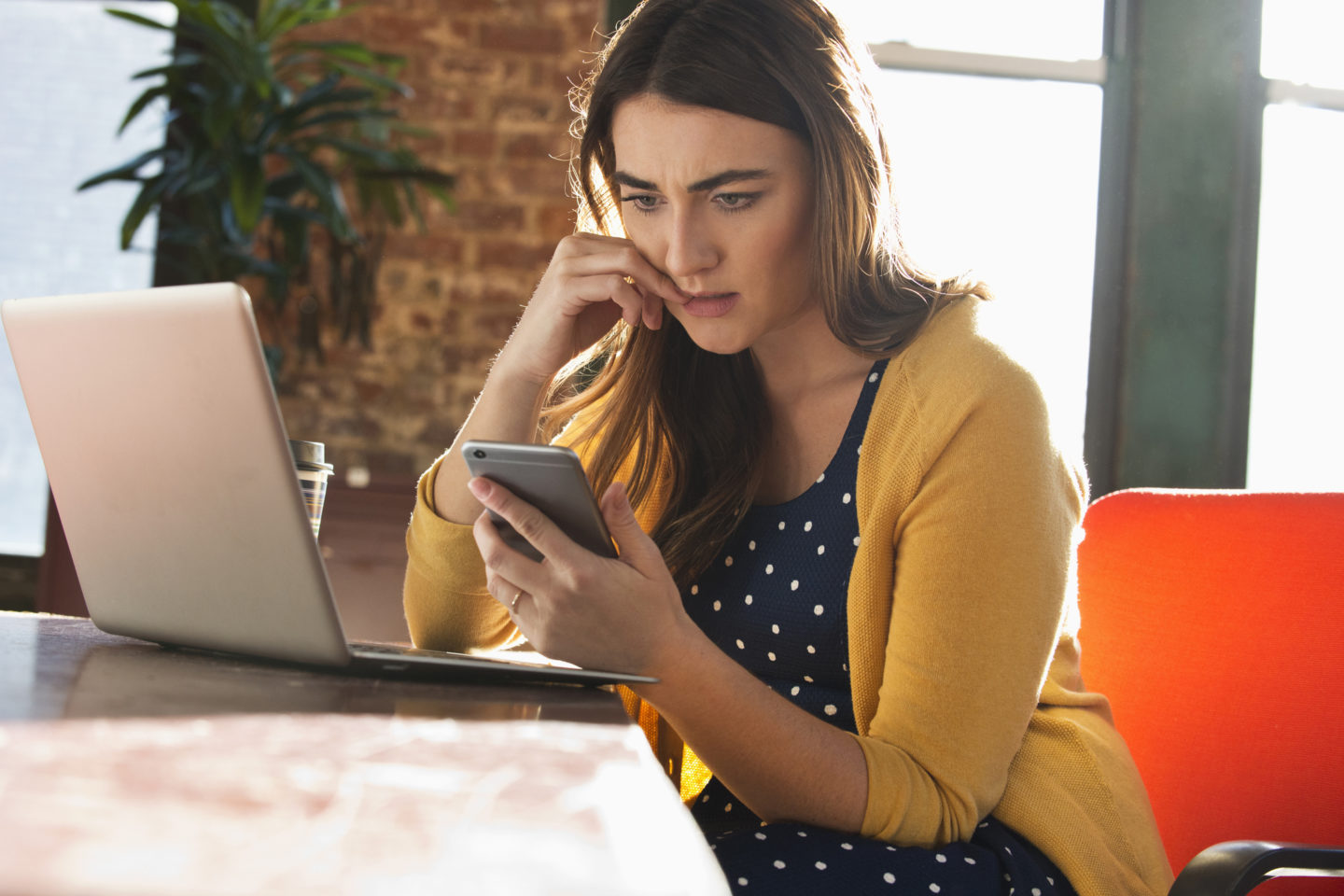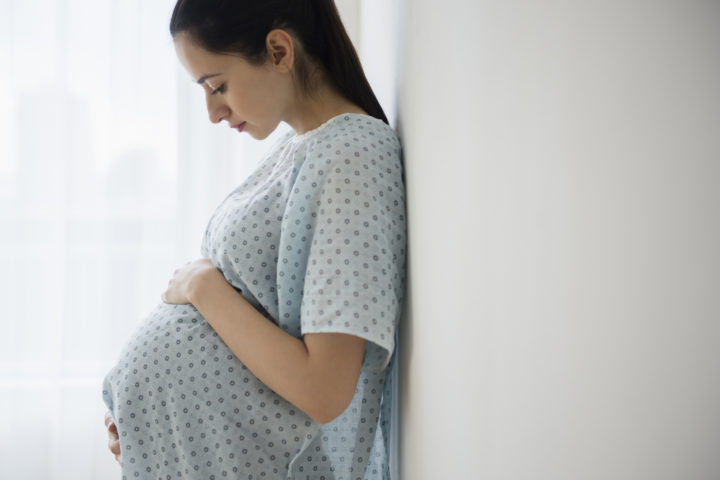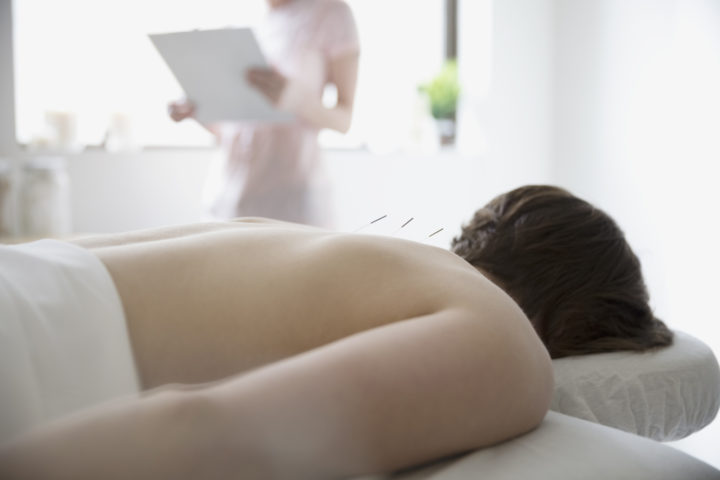Losing my mom was bad enough, but then I discovered my cancer risk.
Although it has been nearly a year now, it feels like almost no time has passed since my mom passed away at the beginning of the year. A lot has happened since then too, like my brother getting married, starting my career as a fulltime freelance writer, and moving to a new town to live with my girlfriend. Losing a parent and dealing with that grief is a lot for anyone to deal with, but I have another, added layer to my grief that I’m only beginning to unpack and learn to deal with. The fact that I could get sick too.
We found out my mom might have cancer in late February 2016. It was only two days after my grandpa died after steadily going downhill in a matter of weeks. I was already exhausted with my grief from his passing and the last thing I expected was to hear that my mom might be sick too. She went in for surgery prep several weeks later to have the tumors in her uterus removed and they discovered that she also had lung cancer that already metastasized to her brain. The news of lung cancer shouldn’t have been shocking since my mom was a heavy smoker and her mom died from lung cancer when I was 18, but it was. She was only 52, far younger than the average diagnosis age of 70.
The doctor decided the lung cancer was more serious than the tumors, so she spent the summer and fall alternating between chemo and radiation. It shrank the cancer in her lungs and brain some, but not enough to stop the progression. In November, Mom finally had her surgery, a total hysterectomy, and spent much of the rest of her life recovering from it. Right after Christmas, she visibly began to get worse and it was decided during a hospitalization that hospice would step in. The plan was to originally bring Mom hope and take care of her there, but she deteriorated so quickly that she went into inpatient hospice instead. Three days later, she was gone.
I didn’t know what to feel at first. I’d been dealing with loss and grief for nearly a year straight and didn’t really know how to function without it anymore. I saw a grief counselor that helped me work through a lot of issues I had with my mom. I’d been journaling pretty regularly ever since my grandpa seemed likely to pass and it helped me collect and analyze my thoughts, tracking the progression, or regression, of mourning.
Just when I felt that I was finally getting to a manageable place emotionally, I discovered that my risk of getting cancer was much higher than I’d thought. A family history of endometrial cancer in a parent increases the risk of the child getting it. I also went through precocious puberty, which is also associated with higher cancer risk. Given that both my mom and grandma had lung cancer and the possible link between family history and lung cancer, my own odds didn’t feel very good.
For a while, I simply ignored it. I was used to being chronically ill and having my body work against me, so this didn’t seem much different to me. If I was eventually diagnosed with cancer, it would simply be one more thing for me to deal with if or when it happened.
I started thinking about it a little more and realized that, although there wasn’t anything I could have done to prevent my chronic illnesses, there might be things I could do to decrease my chance of cancer. I could also learn healthy ways to live with the knowledge that I could get sick someday. Psycologist Roya R. Rad recommends finding a way to acknowledge and accept what you’re feeling, which I had to learn to do. I had to allow myself to feel uncertain and afraid so I could learn to live with an unknown future.
Patrick O’Malley, PhD., the author of Getting Grief Right, says that it’s helpful for people to write their “grief story” to expose “beauty, pain, and the complexity of your emotions.” My grief counsellor also recommended I utilize my writing as a way to both deal with my grief and potential health complications. I had already been writing a lot, but it was more superficial than it could have been, not as introspective as I needed. Writing feels like one of the biggest helps in my grieving process.
Talking about my grief to the people in my life has also been helpful. They’ve encouraged me to take my time with myself and to talk to my gynecologist about the best ways to be proactive about my health. As a result, I’ve been keeping even better track of my body than I had before just monitoring my chronic illness. It is impossible to know what my future holds, but I want to take care of myself until I know.




comments